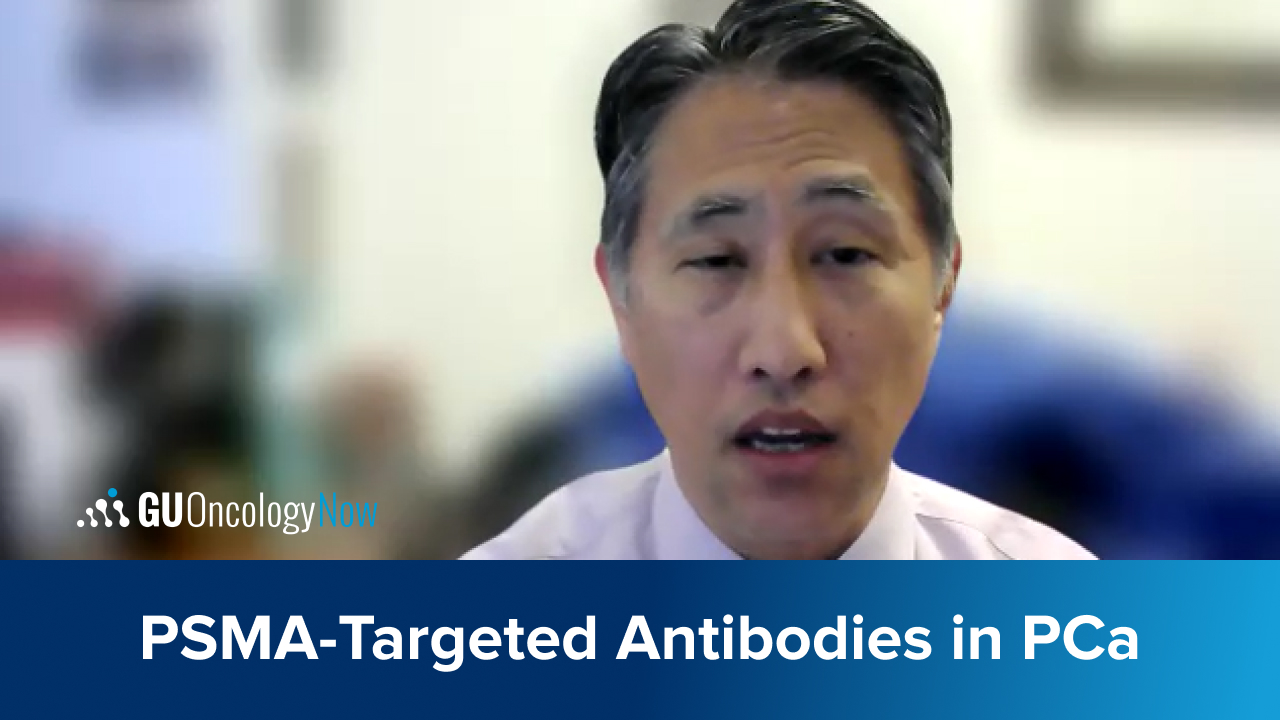The Prostate Cancer Treatment Pipeline, With Scott Tagawa, MD
By Rebecca Araujo - Last Updated: November 15, 2022Scott T. Tagawa, MD, Professor of Medicine and Urology at Weill Cornell Medicine, and Attending Physician at New York-Presbyterian – Weill Cornell Medical Center, discusses upcoming therapies in the pipeline for prostate cancer treatment.
This is part one of a three-part conversation with Dr. Tagawa. Watch part two of this discussion about the latest developments in prostate cancer treatment.
DocWire News: What are some treatments for prostate cancer that are currently in the pipeline that you are interested in?
Scott Tagawa, MD: One aspect of what I call the pipeline is better utilizing existing drugs. I say new drugs, but existing drugs looking for, often, earlier disease states because a lot of our drugs are approved in late stages, pretreated cancers, and they might work better earlier. That’s one set of existing drugs I would call in the pipeline, and also combinations of these existing drugs with, for instance, two approved drugs or one approved drug plus an unapproved drug.
That’s generically something that I’m excited about because rather than, I don’t want to say just, but just improving survival and quality of life, because I think those are important, but maybe further up improving cure rates. I think that is just generically a direction that we’re going.
I suspect that one of the next drugs or the next drug to get approved for prostate cancer is likely to be an LHRH antagonist. Happens to be an oral version of that, called relugolix. There was prior phase II data presented and published. And then earlier this year, [presented at] ASCO followed by a [New England Journal of Medicine] publication was a phase III trial head-to-head against LHRH agonist, leuprolide, with mostly superiority, non-inferiority, as well as superiority data, as well as some interesting cardiovascular event data that looks to be similar to other drugs in class.
So I suspect that drug will be approved as another drug within the same class. So in the United States, it will be the second drug. In Europe, there’s an additional one available. What is unique about this drug is the modality of administration, being by mouth rather than an injection. A lot of times that is preferred in general, but I would say particularly relevant during this pandemic, that may be useful for a subset of our patients. So that, I suspect, is one of the next drugs to get approved.
There’s another drug that had a positive phase III. So in theory, it could get approved, ipatasertib, which was an AKT inhibitor. We know that the PI3K pathway is quite important in prostate cancer, particularly as it comes to AR resistance. So there was a randomized phase II with that drug that looked very interesting. Then a biomarker-driven phase III trial, [presented at ASCO], that was positive for the primary endpoint of radiographic progression-free survival. Unclear if that would actually lead to approval because the amount of survival of radiographic progression-free survival was not that great, and at the cost of some toxicity.
I guess I wouldn’t be shocked if it’s approved. And I always like to have additional drugs that are in the clinic. But I wouldn’t be surprised if it’s not approved based upon that. So I’d like to see more work go on with that drug because it looks like, at least, a different way to identify the patients with next generation sequencing as the biomarker might improve the benefit to risk ratio with that drug, and then maybe other combinations. Or additional, quote, better drugs targeting that pathway in some respect because we know the pathway is quite important. We’ve just had problems finding a drug that is tolerable when target met that pathway.







 © 2025 Mashup Media, LLC, a Formedics Property. All Rights Reserved.
© 2025 Mashup Media, LLC, a Formedics Property. All Rights Reserved.